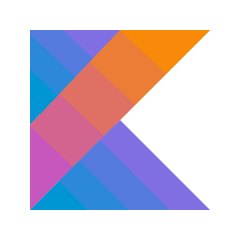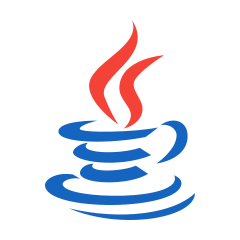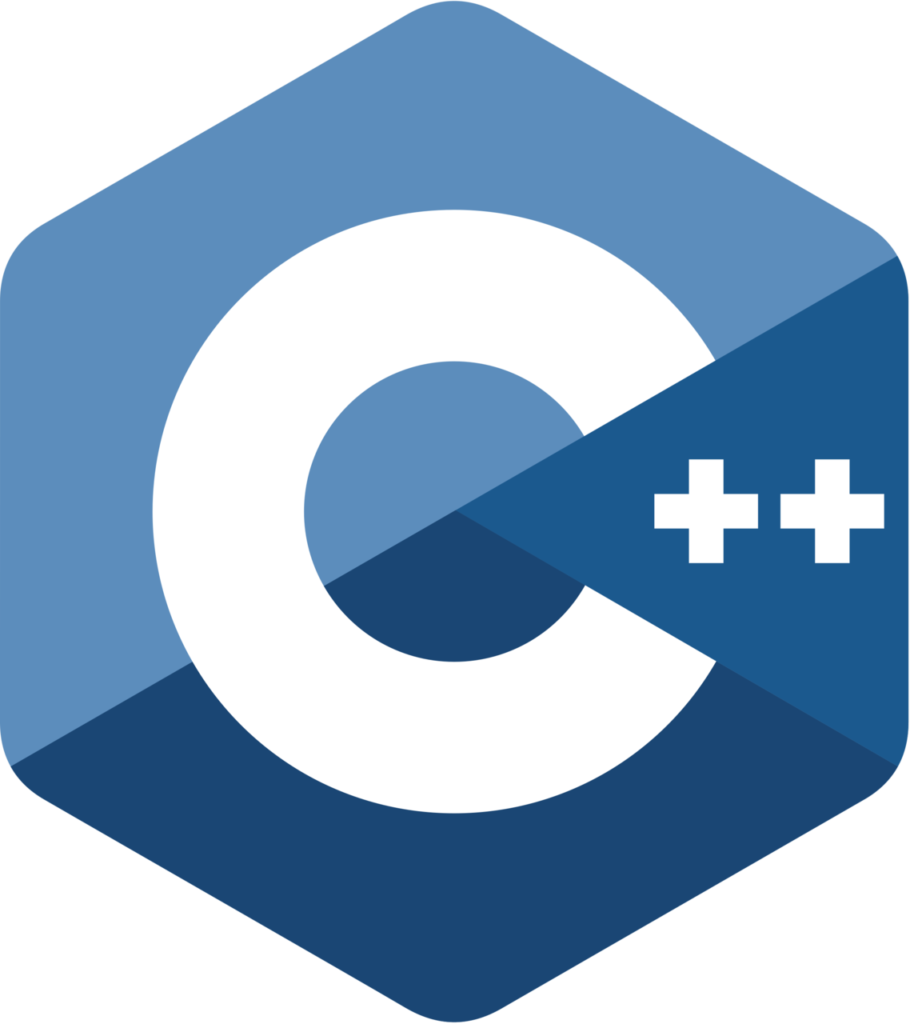Android is the most popular operating system and has around 70% share of the mobile OS market. The number itself is so huge that you can imagine there are a whooping 6.85 billion smartphones being used on planet Earth, among which 4.795 billion is only android. Most developers choose Android over any other operating system, and it’s obvious because the numbers and statistics never lie.
Android development is by far the most expanding, popular and adaptable type of software development, and it is the use of programming languages like Java, C++, C# and Kotlin which makes it the most idle thing for developers.
So, are you wondering which programming language to choose for your next Android app?
Well, You came to the right place. In this blog, we will cover some of the best programming languages to use for android development.
Key Programming Languages for Android Development
1. Kotlin

Introduction: Kotlin was first introduced by JetBrains in 2011 as a Java substitute with the goal of addressing Java’s drawbacks and verbosity. Ever since its launch, Kotlin has grown steadily thanks to its concise syntax, easy Java integration, and extensive tools support.
Kotlin’s rise in popularity in recent years has been truly amazing, especially after Google approved it as the official programming language for creating Android apps in 2017. Kotlin’s popularity among Android developers was greatly accelerated by Google’s crucial support, which resulted in a boom in both community backing and use.
Modern Features and Expressiveness:
Fact: Kotlin offers features like extension functions, lambdas, and data classes, making code more concise and expressive.
Benefits: These features allow developers to write cleaner and more functional code, improving code readability and maintainability. They also enable developers to express complex logic in a more elegant way.
Null safety
Kotlin is null-safe by design, meaning it eliminates NullPointerExceptions, a common source of crashes in Java apps.
Benefits: This significantly improves code stability and reduces the risk of crashes due to null references. Developers write more reliable code with less time spent debugging null-related issues.
2. Java

Legacy :
Java has a legacy of being the foundation of Android development for many years.
A vast majority of existing Android apps are built with Java, and a large developer community exists for support and troubleshooting.
Of course, we all know Minecraft, Right? Our best moments of childhood, The game itself, was built using Java programming language.
Platform Independence:
Java is the kind of language which completely stands for its main purpose “write once, run anywhere”, which means you can use whichever operating system you are most comfortable with while still being able to use Java as the language for android development.
Integration with Android Studio:
Java is seamlessly integrated with Android Studio, the primary development environment for Android apps. This provides a smooth and familiar development experience for programmers familiar with Java.
Large Codebase and Libraries:
A massive library of pre-written Java code (APIs and frameworks) exists for Android development, saving developers time and effort.
Java coding standards
By sticking to well-defined Java coding standards, developers can significantly contribute to building high-quality, maintainable, and robust software in 2024. Remember, consistent code not only benefits developers but also leads to a smoother user experience for the end product.
3. C++

C++ continues to be a powerful tool in the Android app development space. With so many Android users, there’s a big potential market for app developers, and C++ is one of the best languages to take advantage of this.
Unmatched control and performance:
There is no match of C++ in providing more control over hardware resources and memory management, which improves performance for activities requiring a lot of resources. That’s what makes C++ ideal for game development (e.g., complex physics simulations), graphics-heavy applications (e.g., 3D rendering engines), or performance-critical system components where squeezing every bit of processing power is essential.
Native Development Kit (NDK):
With the help of Android’s NDK, developers may create C++ code for performance-critical areas of their apps and smoothly integrate it with the Java and Kotlin layers.
This hybrid approach enables developers to leverage the strengths of both worlds – the speed and control of C++ for specific tasks, and the ease of development and maintainability of Java/Kotlin for the core app logic.
Targeting Specific Hardware:
C++ allows for low-level hardware interaction, enabling developers to optimize code for specific chipsets or architectures.
This can be advantageous for niche projects targeting specialized hardware or requiring complete control over device resources.
4. C#

C# continues to be a very useful tool for developing Android applications. For app developers, the vast Android user base offers a profitable market, and C# has emerged as a powerful language to take use of this potential.
Cross-Platform Development with Xamarin (.NET): Xamarin.
Android allows developers to use C# to build native Android apps with access to most native functionalities. Experts in C# may use what they already know to build Android apps, which might cut down on expenses and development time.
Xamarin also allows code sharing between Android,
iOS, and Windows apps written in C#, promoting code reuse and faster development across platforms.
Focus on Cross-Platform Development:
C# is indeed a good choice for developers who want to build apps for multiple platforms (Android, iOS, Windows) using a single codebase (C#).
Limitations: C# isn’t the primary choice for native Android development. The benefits it provides are not as great as Kotlin and Java. Because of their adaptability, legacy and integrations they are much superior.
5. Dart

In 2024, Google’s open-source Dart programming language is expected to become more popular in the Android app development space. It was introduced in 2011 at the GOTO conference in Denmark and supported the creation of client-side and server-side applications.
Adaptability:
Dart’s adaptability is one of its main advantages. It is extensively used in the creation of online applications using the Flutter Framework, Internet of Things (IoT) applications, and applications for Android and iOS smartphones. Given its wide variety of uses, Dart is a highly advantageous tool for Android app developers.
Fast Development with Hot Reload:
By injecting new source code files into the Dart Virtual Machine (VM) that is already operating, hot reloading functions. The Flutter framework immediately rebuilds the widget tree once the virtual machine updates classes with the updated versions of fields and methods. This enables you to instantly see the results of your modifications, which helps in increasing your productivity and faster development cycles.
Modern and Object-Oriented:
Since Dart is a recent programming language, it has features like garbage collection and type safety. Which most programming languages lack. While not unique to Dart,
these features contribute to cleaner and more maintainable code.
Large and Active Community:
Similar to Kotlin, Dart boasts a growing community with various resources and tools available for developers.
Choosing the Right Language for You:
| Features | Kotlin | Java | C | C# | Dart |
|---|---|---|---|---|---|
| Learning Curve | Moderate | Moderate | High (Steep) | Moderate | Moderate |
| Community support | Big and Active | Very big and active | Very big and active | Big and active | Moderate and active |
| Suitability | General-purpose Android development (Preferred by Google) Mobile games Cross-platform mobile development | Legacy Android development Enterprise applications Big data processing | System programming Embedded systems Game development (performance-critical) | General-purpose development Windows applications Unity game development | Cross-platform mobile development (Flutter framework) |
Conclusion
The Android development landscape is constantly evolving, and the choice of programming language can significantly impact your project’s success. By understanding the strengths and weaknesses of each language (as discussed in this blog post), you’re well-equipped to make an informed decision.
If you want to become a successful android developer, you can consider reading this article.
Ready to embark on your Android development journey? Consider starting with resources and tutorials for Kotlin, the language favored by Google for modern Android app development. Explore the vibrant Kotlin community and leverage its extensive libraries and frameworks. Remember, the best language is the one that empowers you to create innovative and user-friendly Android applications.
Additionally, stay updated on emerging trends and technologies. Explore languages like Dart (Flutter) for cross-platform development, or delve into game development with languages like C#.
Happy coding!



0 Comments